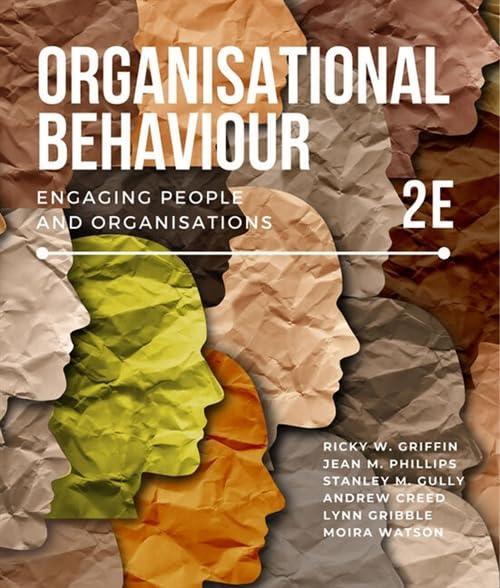It is not politically correct, but lumping people together into categories based on subjective physical, cognitive, affective
Question:
It is not politically correct, but lumping people together into categories based on subjective physical, cognitive, affective and behavioural characteristics actually has some benefits when strategic business goals are the target. Marketing and job roles depend a lot on the distinguishing characteristics of the people involved in the process. Of course, there is great danger in grouping and labelling people, because this contributes to stereotypes, which can lead quickly to bias and prejudice. However, good marketing, discerning budgeting and targeted strategic planning all benefit from the categorisation of characteristics into groups that make engagement in complex environments more manageable. All of the generations – baby boomer, Generation X, Millennials and Interwar – are usefully explained and their needs addressed by organisations that know them well as customers and clients. Staff too can benefit from training and support targeted according to nuanced understanding of their categorical stereotypes. So why all the fuss about calling people a name based on their characteristics? Sometimes, by homogenising people we make life easier for them and for us. Ethnic groups, for instance, have some distinct needs as internal and external customers of organisations, and yet many are also labelled with names and generalisations that are a type of bullying and discrimination. Women in the workplace have also experienced the negative side of stereotyping over the years. Stereotyping may lead to bias, prejudice and bullying, but it is sometimes at the core of strategic and genuinely helpful organisational development. Some identified individuals are happy being labelled and derive humour and pride from belonging to a group or a team. The important skill as responsible individuals is to know which emphasis is at work in each situation, and to be sensitive to the different perceptions of the diverse people in the organisation.
Reflection question
Is the LGBTIQA+ classification of people in the workplace genuinely useful from a people management perspective? Explain why or why not.
Step by Step Answer:

Organisational Behaviour Engaging People And Organisations
ISBN: 272389
2nd Edition
Authors: Ricky W. Griffin, Jean M. Phillips, Stanley M. Gully, Andrew Creed, Lynn Gribble, Moira Watson





